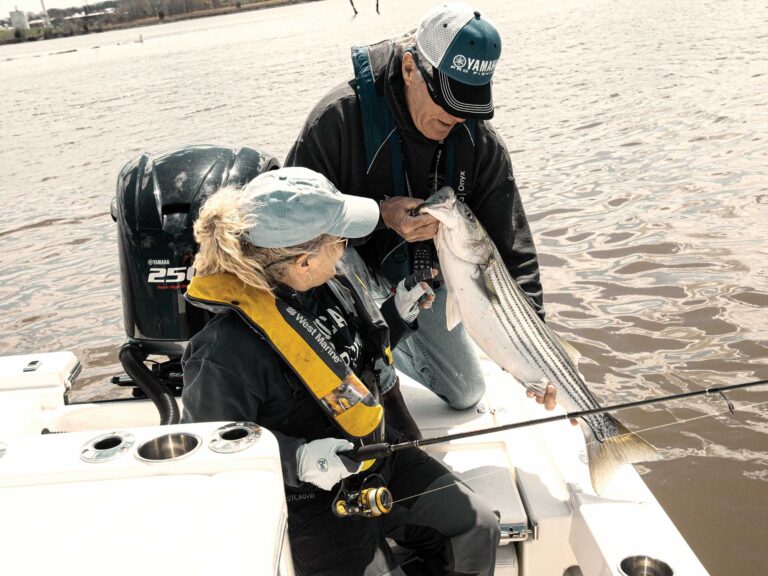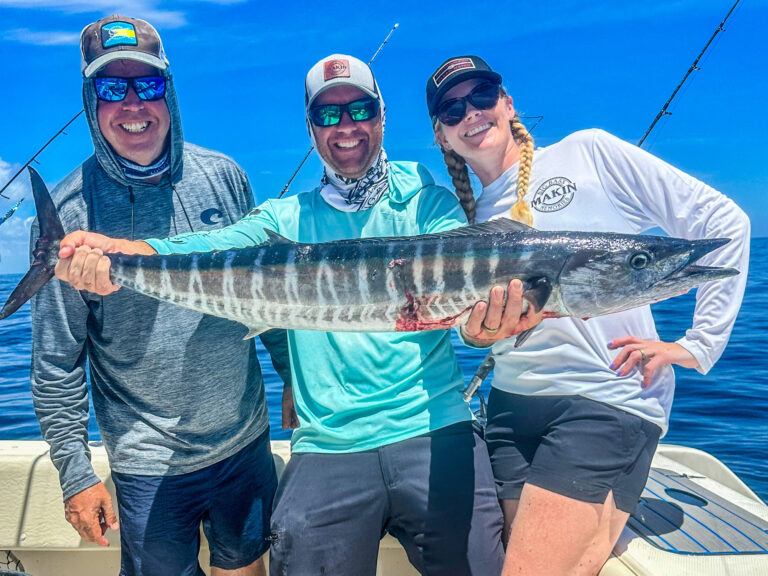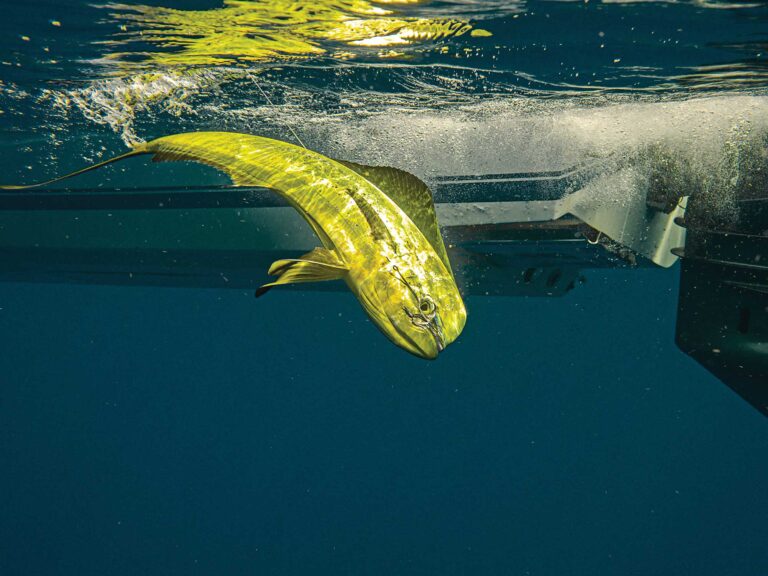Klamath Fishery. On Feb. 23-25, 2000 (Brookings, OR) and Mar. 5, 2000 (Sacramento, CA), the Klamath Fishery Management Council is scheduled to meet to develop recommendations for salmon harvest management for year 2000. Recommendations will be forwarded to the Pacific Fishery Management Council.
— U.S. Fish and Wildlife Service press release
Water Flow Lawsuit. On Feb. 22, 2000, a coalition of environmental and commercial fishing interests filed a lawsuit in U.S. District Court, demanding federal agencies to increase water flow in the Snake and Columbia Rivers to benefit salmon migration. The lawsuit alleges that the Army Corps of Engineers and the Bureau of Reclamation have failed to meetminimum flows necessary for salmon survival set by NMFS. To attain these flows, agencies would have to use water now allocated to ID farmers forirrigation.
— Assoc Press
Salmon Media Briefing. On Feb. 16, 2000, the National Sea Grant College Program is hosting a 2-hour special media briefing on “Public Choices, Science, and Salmon: Scientific Efforts to Aid Salmon in the Pacific Northwest” at the National Press Club, Washington, DC.
— National Sea Grant College Program
Dam Breaching. On Feb. 15, 2000, representatives of Indian tribes and commercial gillnetters met in Astoria, OR, to form an alliance to demand that the federal government remove 4 lower Snake River hydroelectric dams. In addition, the tribes were reported to be supportive of federal aid to irrigators, barge operators, and farmers who might be harmed by dam breaching. On Feb. 17, 2000, the OR Chapter of the American Fisheries Society, a professional society of fishery scientists, voted 103-0 to adopt a resolution affirming the necessity for breaching 4 lower SnakeRiver dams to restore wild salmon populations. In a Feb. 18, 2000 speech at a meeting of the OR Chapter of the American Fisheries Society in Eugene, OR Governor John Kitzhaber endorsed breaching the 4 lower Snake River dams asa responsible and cost-effective option. In response on Feb. 22, 2000, WA Governor Gary Locke announced that he did not support dam breaching. On Feb. 23, 2000, the Port of Portland released a study by HDR Engineering and commissioned by the Port and 3 OR state agencies, outlining thepotential cascading negative effects of dam breaching, including the possible loss of 4 of the 6 ocean freight line serving Portland, diversion of export containers to Puget Sound ports, and removal of marginal agricultural lands in eastern OR and WA from production.
— Assoc Press, PortlandOregonian
Dredging Lawsuit. On Feb. 14, 2000, a coalition of 5 environmental organizations filed suit if U.S. District Court (Seattle, WA) againstNMFS, challenging NMFS’s December 1999 approval of a Corps of Engineers permit for a $196 million dredging project to deepen a 100-mile stretch of the Columbia River shipping channel.. The groups are fearful that thisproject would harm endangered salmon.
— Environment News Service, Assoc Press
CA Steelhead Coalition. On Feb. 14, 2000, a coalition of 33 fishing, surfing, and environmental groups held a news conference to announce the creation of the Southern California Steelhead Recovery Coalition, an organization that will lobby to increase protection for steelhead trout. The Coalition’s 10-point action plan includes the removal of Matilija and Rindge Dams, more funding for steelhead research, Endangered Species Act protection for all rainbow trout in coastal streams, and NMFS reclassification of spawning grounds above dams as critical habitat.
— Los Angeles Times









